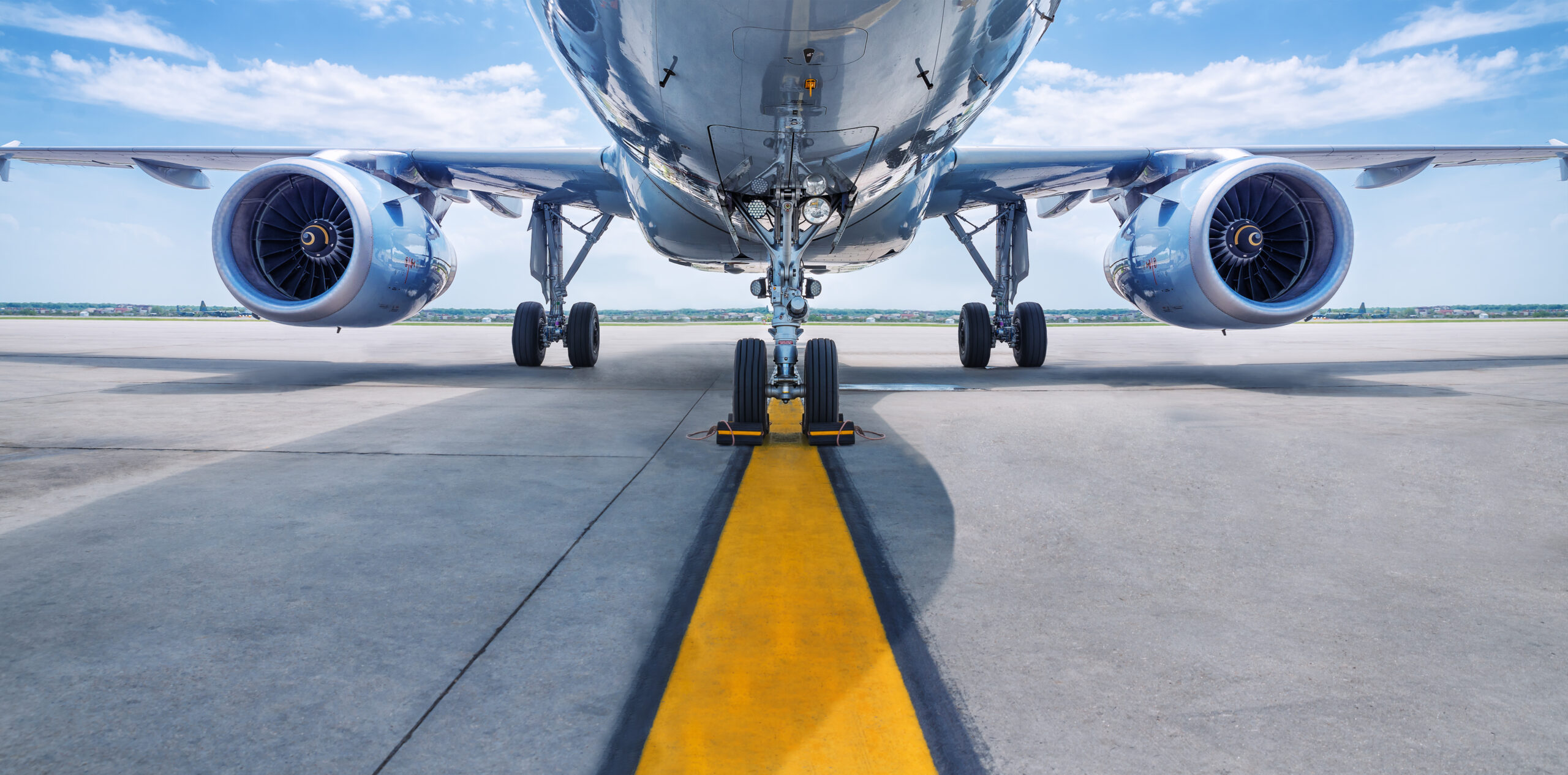Electric vehicles and zero-emissions superyachts aren’t the only modes of transportation orienting toward net-zero targets. The private and commercial jet sectors are also focused on reducing their carbon footprint.
Even in the U.S., a country that famously lags behind on sustainable benchmarks, NASA has declared its support for a zero-emissions aviation industry by 2050.
In this post, we’ll discuss the leading solutions for sustainable aviation that are available today, explore upcoming technologies that will transform the future, and provide examples of the most efficient aircraft to purchase in the meantime.
Current fuel efficiency trends
Fuel efficiency gains have been a focus of the aviation industry for decades, with developments underway for conventional engines together with improved airframe design and optimised route planning. Since the first passenger jets came onto the market in the 1950s, each subsequent generation of aeroplane has reduced emissions by about 15-20%, leading to an overall fuel efficiency that’s around 80% better today than it was 50 years ago.
Two factors that have helped propel the private jet sector toward a smaller carbon footprint are sustainable aviation fuel (SAF) and carbon offsetting.
Sustainable aviation fuel
SAF can reduce lifecycle carbon emissions by up to 80% compared to conventional fuel. As it requires no aircraft modifications to use, it is known as a “drop-in” fuel, blended with up to 50% traditional jet fuel. The remaining ingredients are produced from sustainable resources, including forestry and agricultural waste, used cooking oil, carbon captured from the air, and green hydrogen.
Carbon offsetting
Carbon offsetting is another popular approach to bridge the gap between current-state emissions and net-zero targets. Emissions generated through flying are offset by taking steps to remove excess carbon from the atmosphere. Popular offsetting methods include afforestation (planting trees) and investment in activities such as wind energy, clean cookstoves and methane-capture forestry.
What’s next for sustainable aviation?
While current-state solutions are drastically reducing emissions, the future of sustainable aviation lies in developing alternative propulsion systems like electric and hydrogen-based systems.
Airbus is targeting development of the world’s first hydrogen-powered commercial aircraft by 2035 under their ZEROe research and development project. They are also innovating with the CityAirbus, an all-electric, four-seat multicopter vehicle aimed at pioneering air taxi services to avoid ground traffic congestion. These vehicle demonstrators use remotely piloted electric vertical take-off and landing (eVTOL) flight, similar to the functionality of much smaller drones. They are expected to have an 80km range and to reach a cruising speed of 120 km/h, with certification expected in 2025. NASA and Boeing have focused on electric solutions, with hybrid-electric propulsion aeroplanes expected to reach the market by the early 2030s.
The primary challenge aviation engineers face is how to power aircraft for long-haul flights. Both electric and hydrogen-based systems require large battery or fuel storage capacity to operate for long periods, which would occupy significant passenger space.
Choosing the most efficient aircraft now
Until alternative technologies have been fully developed, choosing efficient aircraft remains the best immediate solution for reduced emissions. Some of the most efficient business aircraft available on the market today include the Cirrus Vision Jet SF50, the Pilatus PC-12, and the HondaJet HA-420. All three boast high fuel efficiency and advanced aerodynamics, making them excellent near-term choices for conscious private jet owners. They achieve between 4.2 and 6 nautical miles per gallon—a rate 10 times less polluting than a Bombardier Global 6000.
Flying toward a greener future
The transition toward sustainable aviation is well underway, with exciting developments on the near horizon. Between current-state technology and upcoming advances, we foresee a transformation of the industry that enables a balance of luxury, efficiency and environmental stewardship.
For more on efficient aircraft and other sustainable aviation initiatives, contact our expert team. We specialise in helping aircraft owners maximise the potential of their investment.
You might also be interested in…





